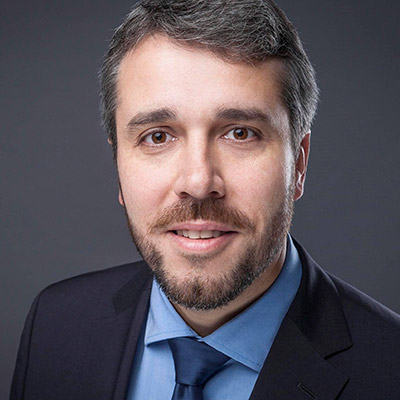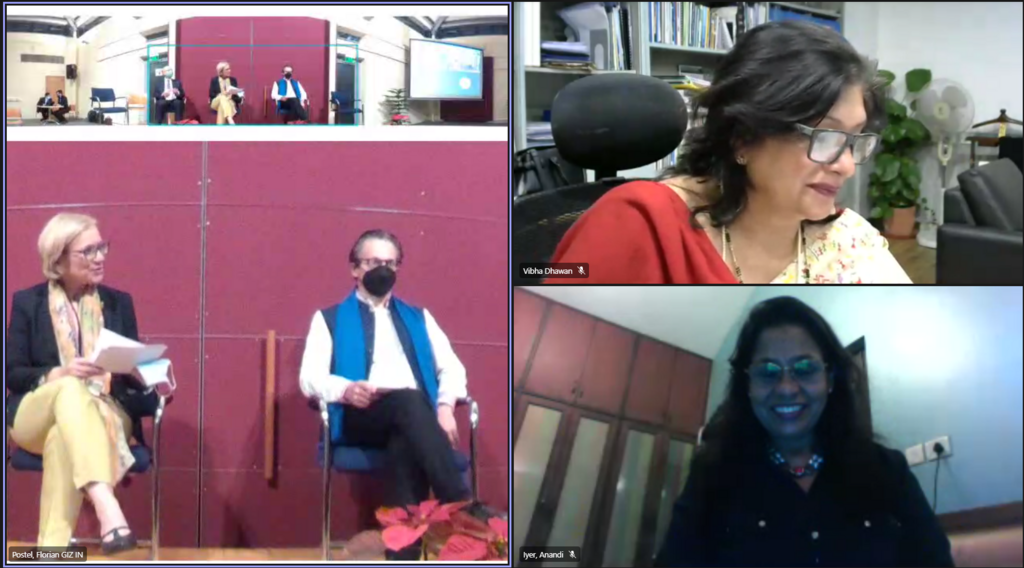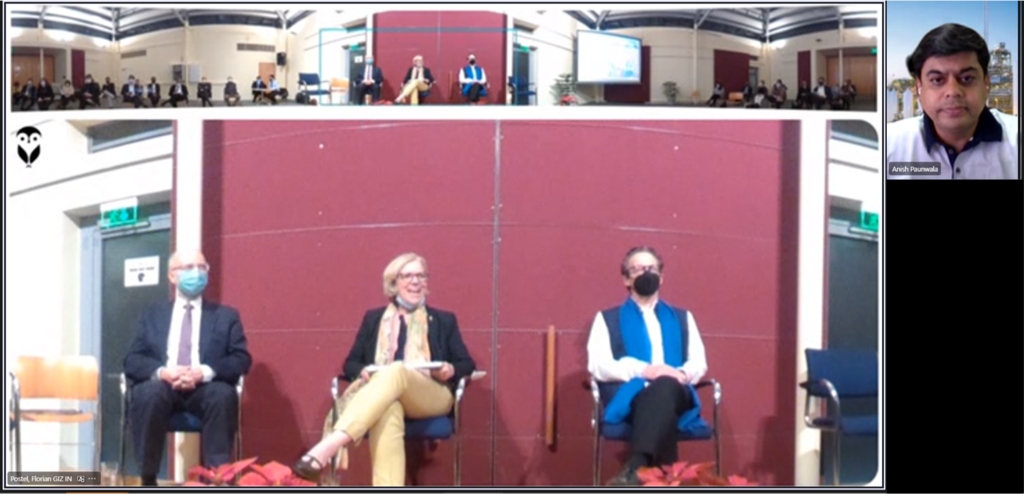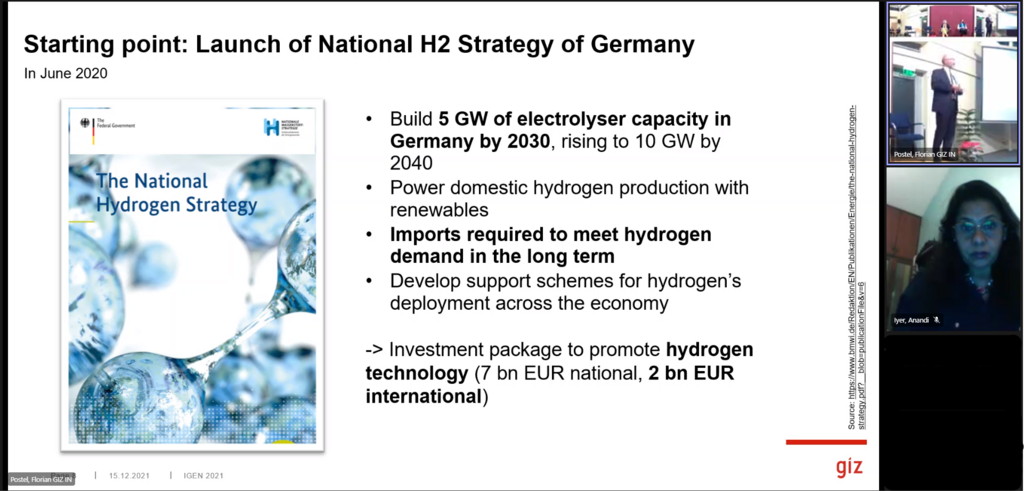Contact
Madhuri Negi
Communication Specialist
Indo-German Energy Forum (IGEF-SO)
1st Floor, B-5/2, Safdarjung Enclave
New Delhi
110 029, India
☎ +91 11 4949 5353

Pooja Bose
Junior Communication Specialist, H2UPPP
Indo-German Energy Forum (IGEF-SO)
1st Floor, B-5/2, Safdarjung Enclave
New Delhi
110 029, India
☎ +911149495353
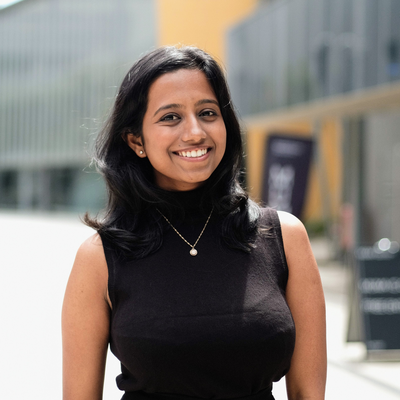
Divya Joshi
Junior Communication Specialist, PtX
Indo-German Energy Forum (IGEF-SO)
1st Floor, B-5/2, Safdarjung Enclave
New Delhi
110 029, India
☎ +91 11 4949 5353

Siegrun Gansch
Junior Advisor Private Sector
Indo-German Energy Forum (IGEF-SO)
1st Floor, B-5/2, Safdarjung Enclave
New Delhi
110 029, India
☎ +91 11 4949 5353

Rahul YVK
Energy Advisor, AgriPV
Indo-German Energy Forum (IGEF-SO)
1st Floor, B-5/2, Safdarjung Enclave
New Delhi
110 029, India
☎ +91 11 4949 5353
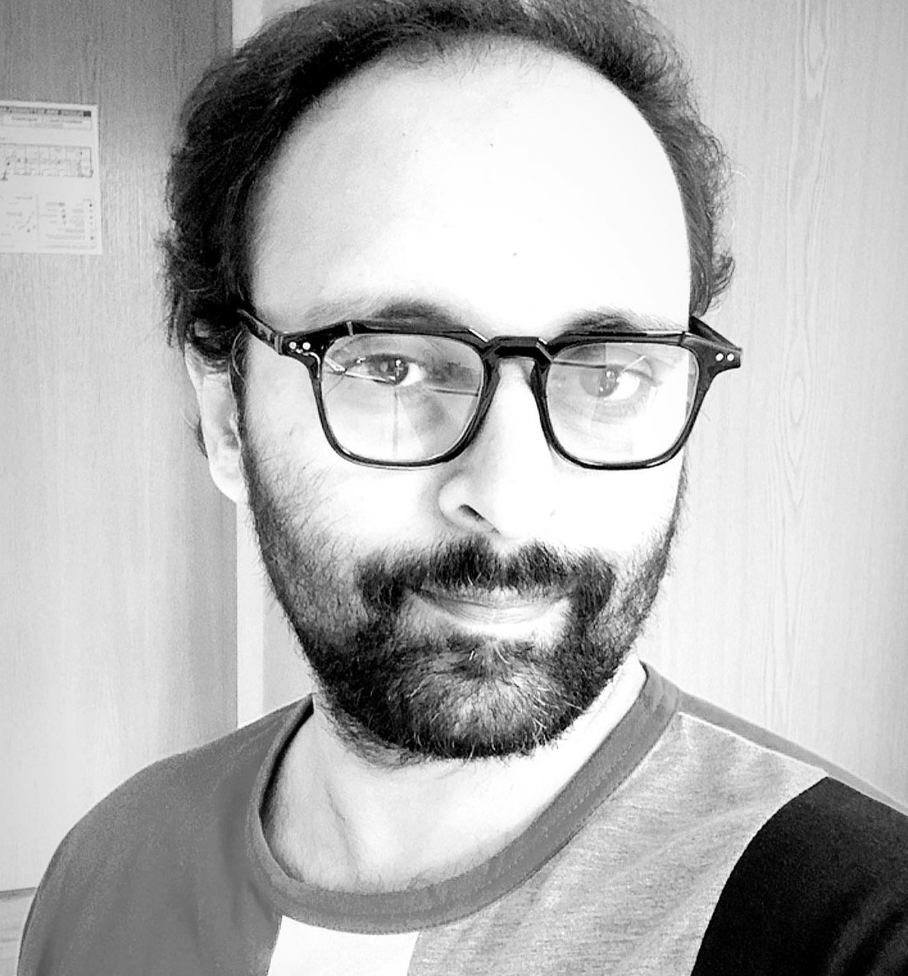
Alina Tetzlaff
Junior Advisor Green Hydrogen
Indo-German Energy Forum (IGEF-SO)
1st Floor, B-5/2, Safdarjung Enclave
New Delhi
110 029, India
☎ +91 11 4949 5353
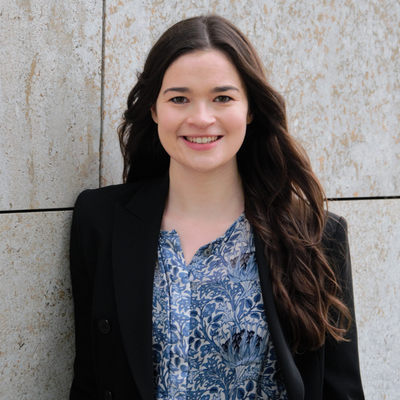
Kumar Abhishek
Advisor Energy
Indo-German Energy Forum (IGEF-SO)
1st Floor, B-5/2, Safdarjung Enclave
New Delhi
110 029, India
☎ +911149495353
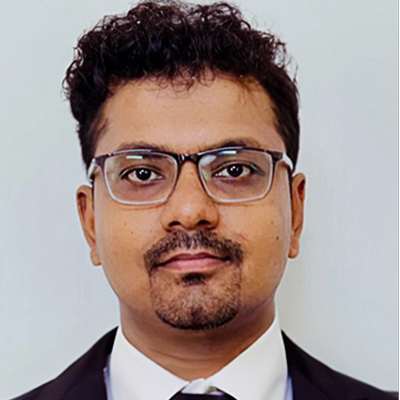
Karan Arora
Energy Advisor H2Uppp
Indo-German Energy Forum (IGEF-SO)
1st Floor, B-5/2, Safdarjung Enclave
New Delhi
110 029, India
☎ +91 11 4949 5353

Clemens Antretter
Advisor H2Uppp
Indo-German Energy Forum (IGEF-SO)
1st Floor, B-5/2, Safdarjung Enclave
New Delhi
110 029, India
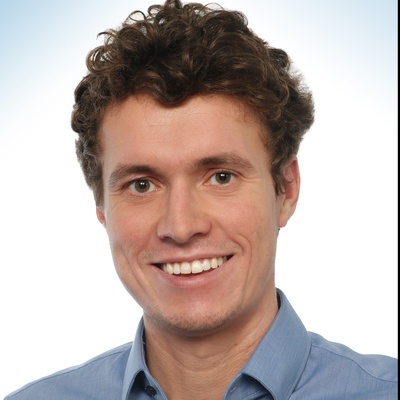
Kakali Guha
Junior Administrative Specialist
Indo-German Energy Forum (IGEF-SO)
1st Floor, B-5/2, Safdarjung Enclave
New Delhi
110 029, India
☎ +91 11 4949 5353
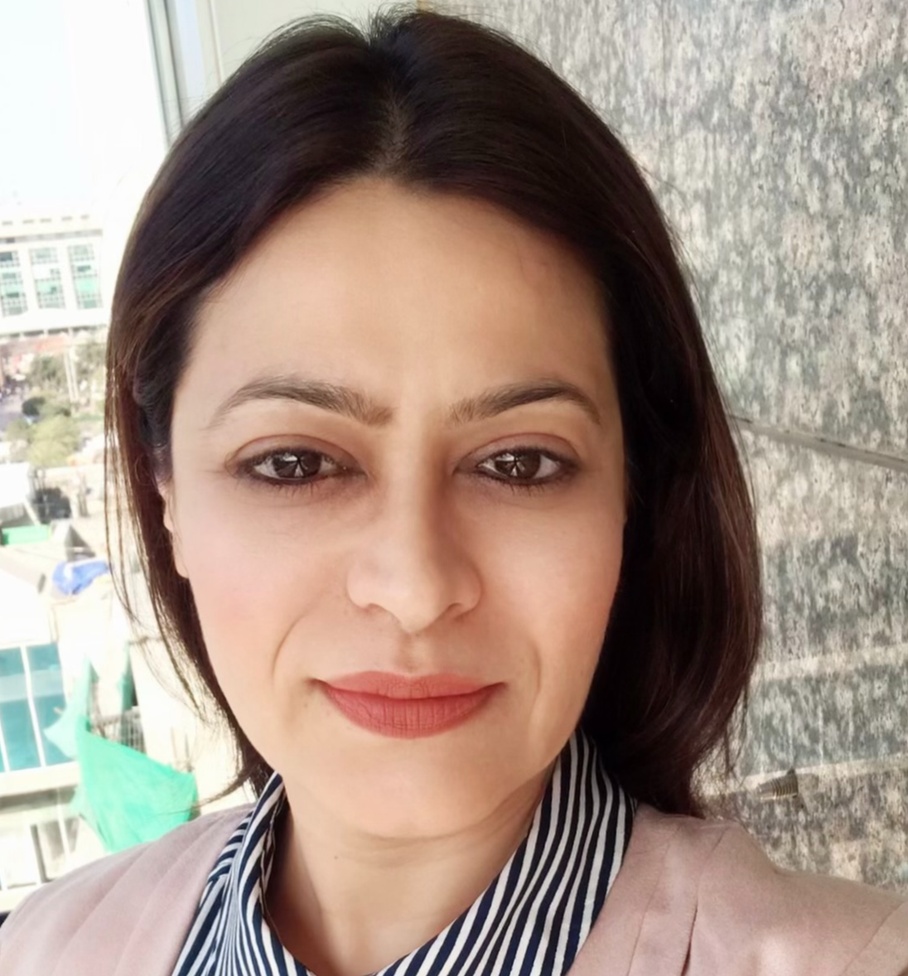
Pradipta Kumar Bayee
Finance Manager
Indo-German Energy Forum (IGEF-SO)
1st Floor, B-5/2, Safdarjung Enclave
New Delhi
110 029, India
☎ +91 11 4949 5353

Geeta Datta
Operations Manager(Admin. Specialist)
Indo-German Energy Forum (IGEF-SO)
1st Floor, B-5/2, Safdarjung Enclave
New Delhi
110 029, India
☎ +91 11 4949 5353

Anne Persicke
Advisor
Indo-German Energy Forum (IGEF-SO)
Deutsche Gesellschaft für
Internationale Zusammenarbeit (GIZ) GmbH
P.O. Box 5180
65726 Eschborn
Germany
☎ +49 6196 79-1295
fax +49 6196 7980 1295

Anirban Kundu
Co-director
Indo-German Energy Forum (IGEF-SO)
1st Floor, B-5/2, Safdarjung Enclave
New Delhi
110 029, India
☎ +91 11 4949 5353
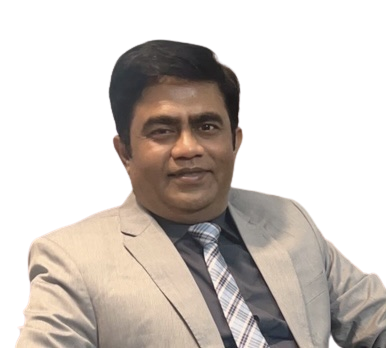
Tobias Winter
Director
Indo-German Energy Forum (IGEF-SO)
1st Floor, B-5/2, Safdarjung Enclave
New Delhi
110 029, India
☎ +91 11 4949 5353
